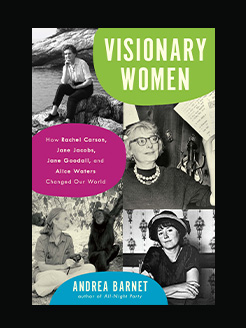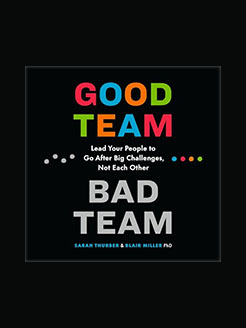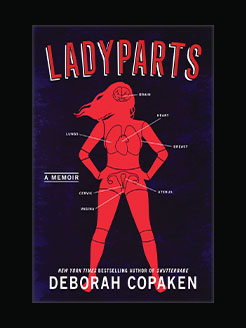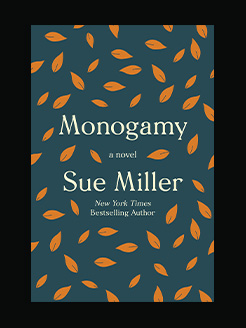Published in 2019
272 pages
Kelly McGonigal, PhD, is a health psychologist and lecturer at Stanford University, an award-winning science journalist, and a leading expert on the mind-body relationship. Her teaching and writing focus on the applications of psychological science to personal health and happiness, as well as public policy and social change. She is the author of The Upside of Stress (2015), The Willpower Instinct (2012), Yoga for Pain Relief (2009), and The Neuroscience of Change: A Compassion-Based Guide to Personal Transformation (2012).
What is this book about?
The bestselling author of The Willpower Instinct introduces a surprising science-based book that doesn’t tell us why we should exercise but instead shows us how to fall in love with movement.
Exercise is health-enhancing and life-extending, yet many of us feel it’s a chore. But, as Kelly McGonigal reveals, it doesn’t have to be. Movement can and should be a source of joy.
Through her trademark blend of science and storytelling, McGonigal draws on insights from neuroscience, psychology, anthropology, and evolutionary biology, as well as memoirs, ethnographies, and philosophers. She shows how movement is intertwined with some of the most basic human joys, including self-expression, social connection, and mastery–and why it is a powerful antidote to the modern epidemics of depression, anxiety, and loneliness.
McGonigal tells the stories of people who have found fulfillment and belonging through running, walking, dancing, swimming, weightlifting, and more, with examples that span the globe, from Tanzania, where one of the last hunter-gatherer tribes on the planet live, to a dance class at Juilliard for people with Parkinson’s disease, to the streets of London, where volunteers combine fitness and community service, to races in the remote wilderness, where athletes push the limits of what a human can endure. Along the way, McGonigal paints a portrait of human nature that highlights our capacity for hope, cooperation, and self-transcendence.
The result is a revolutionary narrative that goes beyond familiar arguments in favor of exercise, to illustrate why movement is integral to both our happiness and our humanity. Readers will learn what they can do in their own lives and communities to harness the power of movement to create happiness, meaning, and connection.







